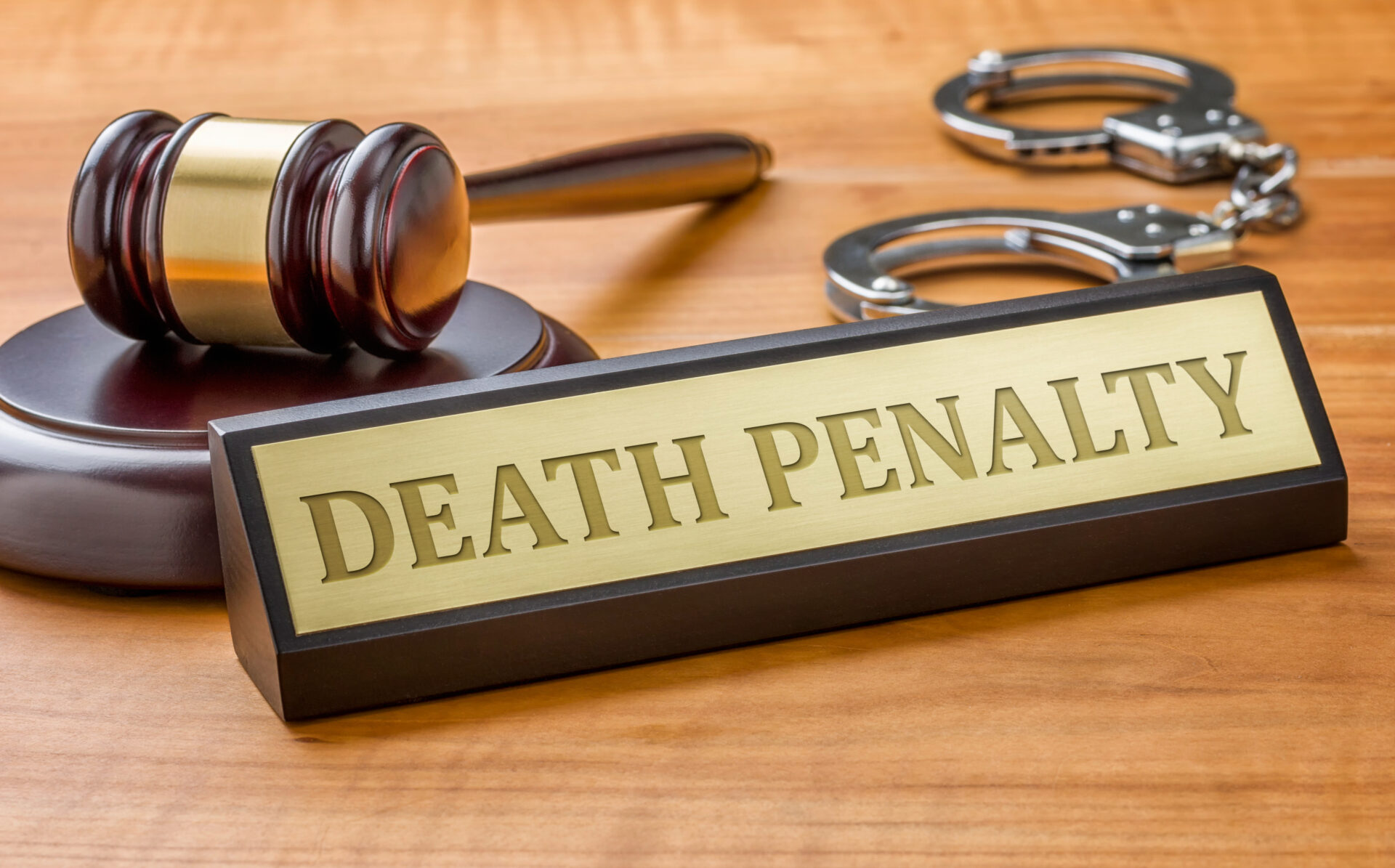
Florida Execution FRENZY—Record Broken, Outrage IGNITES!
Florida’s record-setting ninth execution in 2025 has reignited fierce debate over the state’s aggressive use of capital punishment and the legacy of controversial jury laws.
Story Snapshot
• Florida carried out its ninth execution of 2025, breaking a 50-year state record for executions in a single year.
• Edward Zakrzewski, executed for the 1994 murders of his wife and two children, was sentenced by a split jury that would not meet today’s standards.
• The wave of executions highlights Florida’s divergence from national trends, as most states reduce or abolish the death penalty.
• Legal experts and advocacy groups question the fairness of death sentences from non-unanimous juries, raising the stakes for future reform.
Florida Executes Ninth Inmate, Setting New State Record
On July 31, 2025, Florida executed Edward Zakrzewski for the brutal 1994 murders of his wife Sylvia and their two young children in Mary Esther, marking the state’s ninth execution this year. This breaks the previous annual record of eight executions, set in 2014. Zakrzewski’s execution by lethal injection at Florida State Prison comes after 31 years of legal battles and appeals, all ultimately denied. The case has drawn attention not only for its tragic details but also for the legal and ethical questions it raises about capital punishment in Florida and beyond.
Florida breaks 50-year execution record with ninth death sentence carried out this year https://t.co/MJyRwDUJUa
— Fox News (@FoxNews) August 1, 2025
Zakrzewski, a former U.S. Air Force Technical Sergeant, was convicted after a 7-5 jury recommendation for death—a margin now considered insufficient under current state law. The narrow jury decision has become a focal point for critics who argue that Florida’s historic reliance on non-unanimous jury verdicts in capital cases undermined the fairness of the system. Legal advocacy groups and death penalty opponents mounted repeated last-minute appeals, emphasizing both Zakrzewski’s military service and the changed legal standards. All pleas for clemency, including a final petition to the U.S. Supreme Court, were denied.
Watch: Florida on verge of setting record for executions in a single year
Brutality of the Crime and Legal Proceedings
On June 9, 1994, Edward Zakrzewski killed his wife and children after Sylvia Zakrzewski sought a divorce. The murders were particularly violent: Sylvia was attacked with a crowbar, strangled, and struck with a machete, while the children suffered fatal machete wounds and defensive injuries. Zakrzewski was swiftly arrested, tried, and sentenced to death later that year. For over three decades, he remained on death row, his case emblematic of Florida’s tough-on-crime stance and the protracted nature of capital appeals.
The execution proceeded despite widespread controversy regarding the fairness of Zakrzewski’s sentencing. Florida’s legal standards for the death penalty have changed significantly since the 1990s, with current law requiring a unanimous jury to recommend capital punishment. Zakrzewski’s 7-5 jury split, legal experts note, would not have resulted in a death sentence today. Advocacy organizations argue that this discrepancy points to a deeper flaw in the state’s handling of death penalty cases during that era.
Florida’s Divergence from National Trends
Florida now leads the nation in executions for 2025, with a total of 27 executions nationwide so far this year. The state’s aggressive pace stands in stark contrast to the national movement away from capital punishment: most states have reduced executions or repealed the death penalty altogether. Legal scholars and death penalty opponents highlight Florida’s persistence as a national outlier, especially given ongoing concerns about wrongful convictions, racial disparities, and the efficacy of capital punishment as a deterrent.
Governor Ron DeSantis and the Florida Board of Executive Clemency hold ultimate authority over executions in the state. Despite mounting pressure from advocacy groups and critical media coverage, the administration has maintained its commitment to enforcing court decisions and upholding public safety. With two more executions already scheduled for August, Florida’s record is likely to grow, intensifying scrutiny from both supporters and critics of the death penalty.
Implications for Law, Justice, and Public Debate
Zakrzewski’s execution has far-reaching implications for Florida’s legal and political landscape. In the short term, it sets a new high-water mark for executions in a single year, reflecting a broader push for tough-on-crime policies. In the long term, it may serve as a catalyst for renewed debate over capital punishment, especially in cases decided by non-unanimous juries. Legal experts suggest that challenges to older death sentences could accelerate, spurred by evolving standards and public opinion.
For the families of victims, executions may offer a sense of closure, but they also risk reopening old wounds. For death row inmates and their advocates, the case highlights lingering vulnerabilities in the justice system. The financial and social costs of continued executions remain a subject of heated debate, with political leaders on both sides framing the issue as a test of justice, public safety, and the core values underpinning the American legal tradition. As Florida moves forward with additional executions, the state’s approach is likely to remain a flashpoint in the ongoing national conversation about crime, punishment, and constitutional rights.